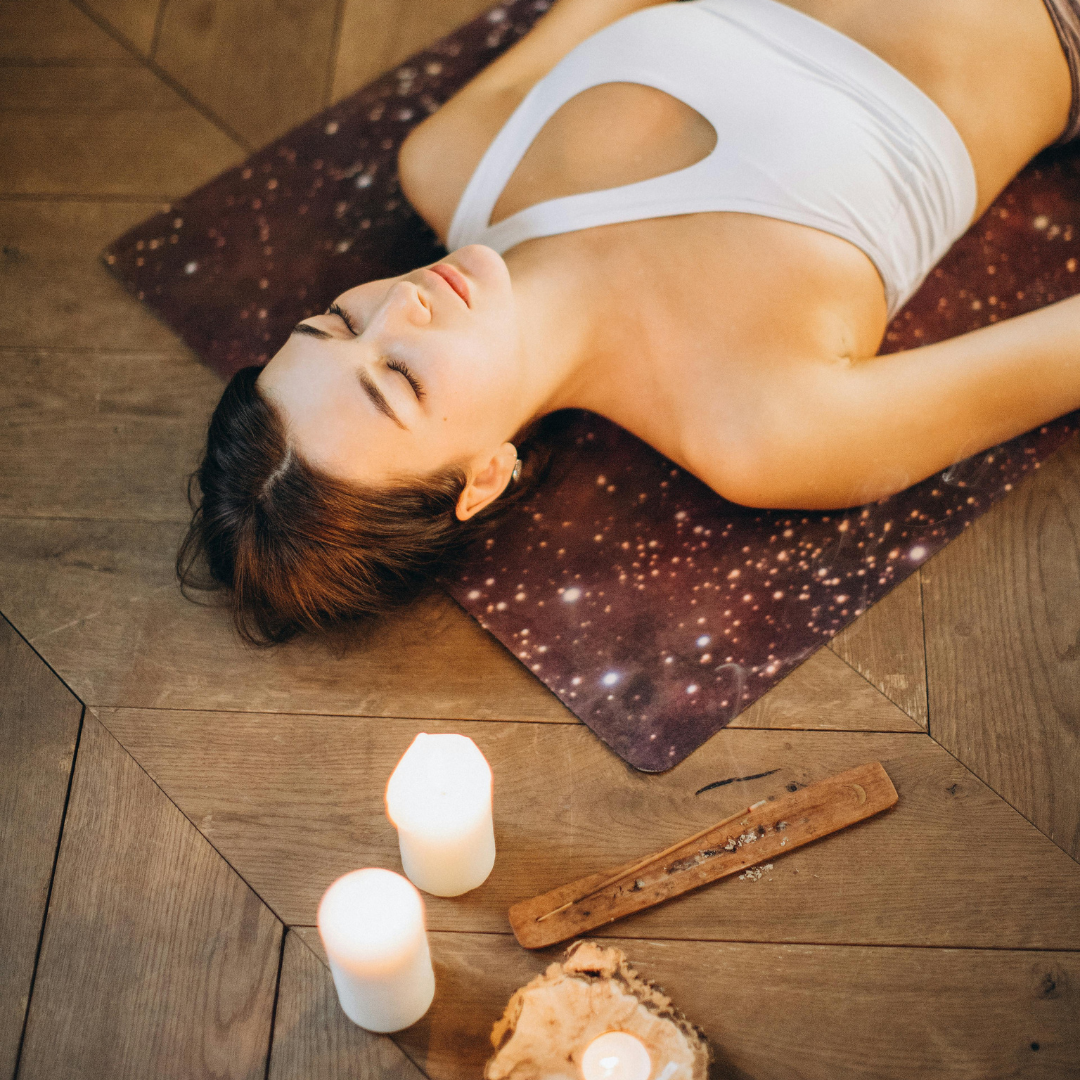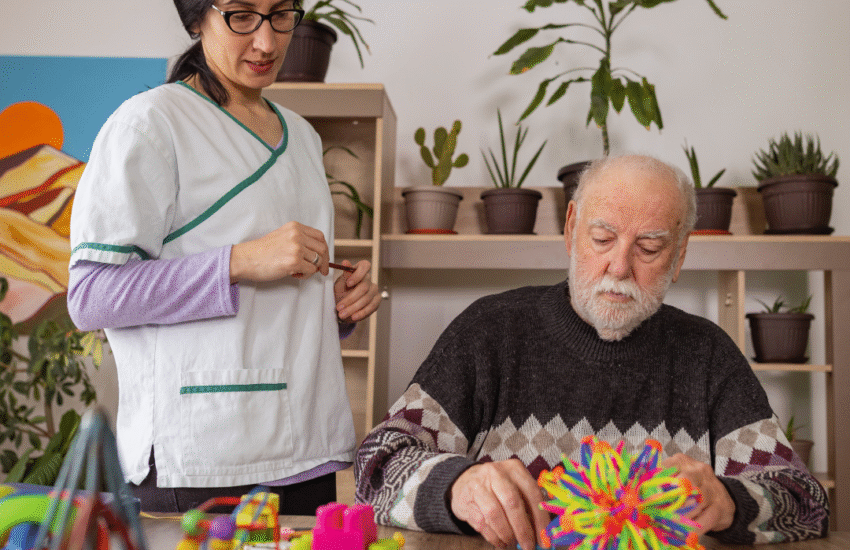How to Use Aromatherapy for Deeper Relaxation: Techniques and Tips for Enhanced Calm
Aromatherapy has gained popularity as a natural method for enhancing relaxation and promoting well-being. By utilizing essential oils derived from plants, individuals can create calming environments that support mental and physical relaxation. To effectively use aromatherapy for deeper relaxation, one must choose the right essential oils and methods of application that resonate with their personal preferences.
Lavender, chamomile, and bergamot are known for their soothing properties, making them ideal choices for those seeking tranquility. Individuals can incorporate these oils through diffusers, baths, or topical applications to experience their calming effects. Understanding the appropriate dosages and methods is crucial for maximizing the benefits of aromatherapy.
Many find that combining aromatherapy with practices such as meditation or deep breathing enhances overall relaxation. By integrating these techniques, individuals can create a holistic routine that fosters a serene state of mind and promotes a deeper sense of relaxation.
Understanding Aromatherapy and Its Benefits
Aromatherapy employs essential oils for therapeutic purposes, enabling deeper relaxation and emotional balance. Its various benefits include reducing stress and anxiety through calming effects, promoting mental clarity, and supporting holistic healing practices.
How Aromatherapy Promotes Deeper Relaxation
Aromatherapy promotes deeper relaxation by engaging the olfactory system. When essential oils are inhaled, aromatic molecules travel to the brain, stimulating the limbic system, which manages emotions and stress responses.
Common essential oils used for relaxation include:
- Lavender: Known for its calming properties, it helps decrease anxiety and improve sleep quality.
- Bergamot: Often used for its uplifting effects, it can reduce feelings of stress and tension.
- Chamomile: Provides soothing effects that help relax the mind and body.
These oils can be diffused, inhaled directly, or applied topically with a carrier oil. The method of application can enhance the individual’s relaxation experience.
Therapeutic Properties of Essential Oils
Essential oils possess various therapeutic properties that contribute significantly to emotional and physical well-being. Many oils contain compounds known for their anti-inflammatory, antimicrobial, and antioxidant effects.
Some notable oils and their properties include:
- Eucalyptus: Supports respiratory health and may aid mental clarity.
- Rosemary: Enhances focus while relieving mental fatigue.
- Ylang-Ylang: Known for its mood-lifting attributes and ability to promote emotional balance.
Using these oils in aromatherapy can aid in muscle relaxation, potentially relieving physical tension and promoting overall well-being.
Emotional and Mental Health Connections
Aromatherapy has a profound connection to emotional and mental health. The calming effects of essential oils can significantly alleviate symptoms associated with anxiety and stress, fostering emotional balance.
Research indicates that certain scents can influence serotonin and dopamine levels, which are crucial for mood regulation. Incorporating aromatherapy into daily routines may help cultivate a sense of peace and mental clarity.
Strategies such as combining essential oils with meditation or yoga can enhance relaxation effects. This holistic approach supports not just the individual’s mental state but also overall health and wellness.
Choosing and Using Essential Oils for Relaxation
Selecting the right essential oils and using them safely is critical for maximizing their calming effects. This section outlines popular essential oils known for their relaxing properties, safe practices for dilution and application, and tips on creating effective blends.
Popular Essential Oils for Calming Purposes
Many essential oils are renowned for their relaxing qualities. Here is a list of some common options:
- Lavender Oil: Often used for its calming aroma, lavender promotes relaxation and is effective for reducing anxiety.
- Chamomile: Known for its gentle sedative properties, chamomile can help ease stress and improve sleep quality.
- Bergamot Oil: This citrus oil is uplifting yet calming, suitable for reducing nervous tension.
- Ylang-Ylang: Its sweet scent is known for lowering blood pressure and anxiety.
- Sandalwood: Often used in meditation, it provides a soothing and grounding scent.
- Frankincense: Recognized for its ability to calm the mind and enhance a sense of peace.
Other oils like cedarwood, clary sage, jasmine, valerian, vetiver, and peppermint contribute notable relaxing properties. They can be blended or used individually to suit personal preferences.
Proper Dilution and Safe Usage
Essential oils are potent and must be diluted before topical application. Using a carrier oil, such as almond or jojoba oil, is essential. A common dilution ratio is 2-3 drops of essential oil per tablespoon of carrier oil.
Performing a patch test before extensive use is advisable. Apply a diluted drop of the essential oil to a small skin area and monitor for irritation. Discontinue use if any adverse reactions occur. Pregnant individuals or those with health concerns should consult a healthcare professional to ensure safety.
Creating Effective Essential Oil Blends
Crafting personalized blends can enhance relaxation benefits. To create a soothing blend, consider mixing 3-5 drops of different essential oils.
For example:
- Relaxation Blend: 2 drops of lavender, 2 drops of chamomile, and 1 drop of ylang-ylang.
- Grounding Blend: 3 drops of sandalwood and 2 drops of cedarwood.
Blending oils with similar properties can amplify their sedative effects. Using calming oils consistently is key to developing a relaxing routine.
Techniques for Incorporating Aromatherapy into Relaxation Routines
Aromatherapy offers several effective techniques for integrating calming scents into relaxation practices. These methods can create a tranquil environment and promote a sense of well-being, enhancing relaxation.
Diffusing Essential Oils for a Calming Atmosphere
Using an essential oil diffuser can significantly improve the ambiance of any space. To create a calming atmosphere, one can select oils like lavender, chamomile, or bergamot. These scents are known for their relaxing properties.
To use a diffuser, fill it with water and add a few drops of the chosen essential oil. This releases a fine mist of fragrant vapor into the air, allowing the calming scent to envelop the room. Regularly diffusing essential oils can help establish a serene environment conducive to relaxation.
Aromatherapy Massage for Stress Relief
Aromatherapy massage combines the benefits of touch and essential oils, promoting deep relaxation. Employing oils such as eucalyptus or ylang-ylang in a massage can enhance relaxation and stress relief.
For a DIY experience, one can mix essential oils with a carrier oil, such as jojoba or sweet almond oil. This not only nourishes the skin but also provides an aromatic experience. Applying the oil on pulse points or using it for full-body massages can elevate the calming effects of the treatment.
Aromatherapy Baths and Pillow Sprays
Taking an aromatherapy bath can create a soothing escape. Adding essential oils like lavender or sandalwood to bath water allows the individual to unwind while enjoying a sensory experience. Bath salts infused with these oils can amplify relaxation.
Additionally, pillow sprays formulated with calming essential oils can enhance sleep quality. A few spritzes onto bedding before sleep can create a tranquil environment that promotes restful slumber. This makes minute adjustments to one’s nighttime routine significantly impactful.
Topical Application and Inhalation Methods
Topical application of essential oils can directly affect mood and relaxation levels. Diluting essential oils in carrier oil and applying them to pulse points offers a swift way to enjoy their benefits.
Among the diverse range of essential oils, options like blue lotus oil tend to stand out for its profound calming and mood-enhancing properties, making it an excellent choice for topical use. Extracted from the revered Nymphaea caerulea flower, this oil is often traditionally used to alleviate anxiety, promote deeper sleep, and foster a sense of tranquility.
Its unique aromatic profile can contribute to a serene atmosphere, allowing individuals to experience a heightened state of relaxation when applied to the skin or diffused. This can make it particularly beneficial for evening routines or moments requiring profound calm.
Inhalation methods, such as using a personal inhaler or directly inhaling from the bottle, can quickly induce feelings of calm. For individuals seeking immediate relief, these methods are effective. Creating a personal inhaler can allow for convenient access to calming scents throughout the day.
Enhancing Relaxation with Lifestyle Practices
Incorporating aromatherapy into daily practices can significantly elevate relaxation. When combined with techniques like meditation, yoga, and creating a serene environment, it enhances the overall experience of tranquility and stress relief.
Combining Aromatherapy with Meditation and Mindfulness
Integrating aromatherapy with meditation and mindfulness practices can deepen the relaxation experience. Using essential oils like lavender or sandalwood in a diffuser sets a calming atmosphere. During meditation, inhaling these scents can help focus the mind.
To practice mindfulness, one can apply essential oils to pulse points before beginning. This method not only promotes relaxation but also enhances the awareness of breath and body. Utilizing specific scents can align the mind with meditative intentions, leading to better mental clarity and emotional stability.
Incorporating Aromatherapy into Yoga and Breathing Exercises
Aromatherapy can complement yoga routines and breathing exercises, promoting deeper relaxation. Essential oils like eucalyptus or peppermint can be applied before a yoga session. These scents may open up the airways and enhance breathing capacity.
During yoga, a few drops of essential oil on a yoga mat or in a diffuser can create a soothing environment. Practicing focused breathing combined with aromatic scents helps in alleviating muscle tension. This approach encourages a holistic wellness routine that merges physical and mental relaxation.
Establishing a Peaceful and Tranquil Environment
Creating a serene space is crucial for relaxation. Introducing aromatherapy into this space can transform its energy significantly. Begin by selecting calming scents such as chamomile or ylang-ylang.
Using these oils in a diffuser or through scented candles helps to cultivate tranquility. Additionally, decluttering and minimizing noise contribute to a peaceful atmosphere. Plants, soft lighting, and comfortable seating can further enhance this environment, fostering stress relief and overall relaxation.
Aromatherapy for Better Sleep and Stress Reduction
Utilizing aromatherapy can markedly improve sleep quality and reduce stress levels. Certain essential oils, like lavender and marjoram,are particularly effective before bedtime. Applying a few drops to pillows or using them in a diffuser can promote better sleep.
Incorporating these scents into evening rituals helps signal the body that it’s time to relax. This practice can alleviate anxiety and muscle tension, contributing to a more restful night. Developing a consistent routine with these aromas can lead to enhanced wellness and deeper sleep.



